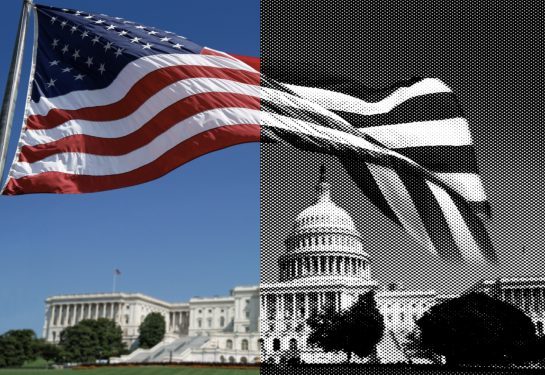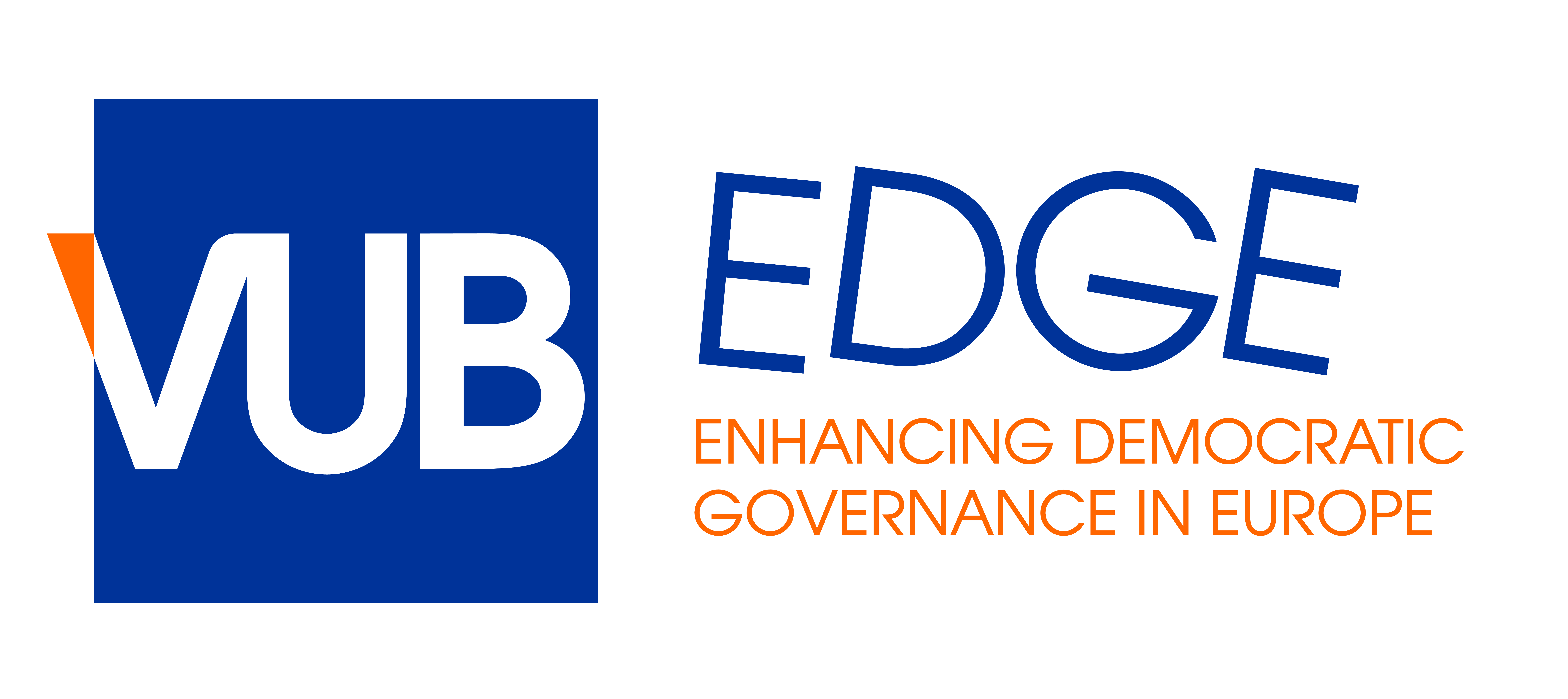
By Trisha Meyer
As I process the whirlwind of reactions following the riots at Capitol Hill last week, I would like to share my thoughts on three complex topics: President Trump’s divisive speech, the dismissal of media as fake news, the role of social media platforms.
Who am I? A professing evangelical Christian, an American citizen abroad, and a professor in digital governance and participation. I don’t normally convey these three aspects of myself in one single sentence, but each is pertinent to my reflections today.
I have been disturbed at the — until now — almost unwavering support of President Trump from Republican politicians, and the enthusiastic backing that he has received from evangelical Christians, despite his disrespect of civil discourse. I understand it’s tempting to be Machiavellian, letting the ends justify the means. So while Trump’s personality might be deplorable, much dirt was swept under the rug and ignored, because he supported policy that aligned with conservative views and opposing the political leader would harm the party – even when the president denigrated women, minorities and foreigners and supported white supremacists and conspiracy theorists.
However, Trump’s divisive and inflammatory speech continually lowered the bar over the past four years, until it became normal to speak hatefully and to be unwilling to listen to anyone whose views you disagree with. Personally, Trump crossed my red line a very long time ago, and I am glad that the Republican party line is finally wavering.
Further, I have a really hard time swallowing the continuous attacks against mainstream media as fake news. Freedom of speech comes with responsibility. We need less opinion in journalism, especially in such divided times, but I don’t understand how easily one’s own opinion can be considered more accurate than professionally researched and edited journalistic content.
To be clear, there is room for improvement within the media. In deliberative theory, the media acts as mediator between citizens and politicians. This means the media needs to give attention and a voice to a wide variety of viewpoints, especially those who are oppressed and ignored, otherwise it is not fulfilling its role. However, as citizens and media consumers, we also have a responsibility: to listen to a variety of viewpoints, including those whom we disagree with, and to not dismiss inconvenient truths.
Finally, I can only cheer at the fact that we are finally starting to discuss regulatory scrutiny of social media platforms in Europe. Private American companies, driven by a profit model, are making decisions on legally and morally acceptable speech. How did Facebook, Twitter, Apple, Google, Amazon go from tolerating to banning President Trump and his followers in such a short timespan? No matter how much I disagree with President Trump’s divisive speech, I feel uncomfortable with such weighty decisions being made by platforms – instead of judges.
Disinformative speech, and worse, is rampant. However, platforms unilaterally banning speech won’t solve the underlying problem of a divided society. We need to work on mechanisms for independent and transparent review of platforms and better understanding the distrust of politics, media and science, eating away at the foundations of liberal democracy.
The situation is dire and action is urgent. I believe it starts with examining our own moral compass, practising self-restraint and committing to civil discourse. I hope we return to this in 2021 — better late than never.

Add new comment